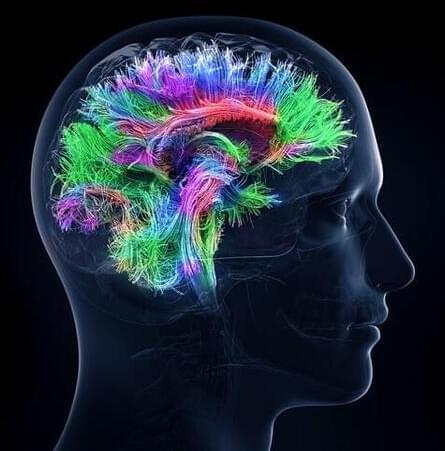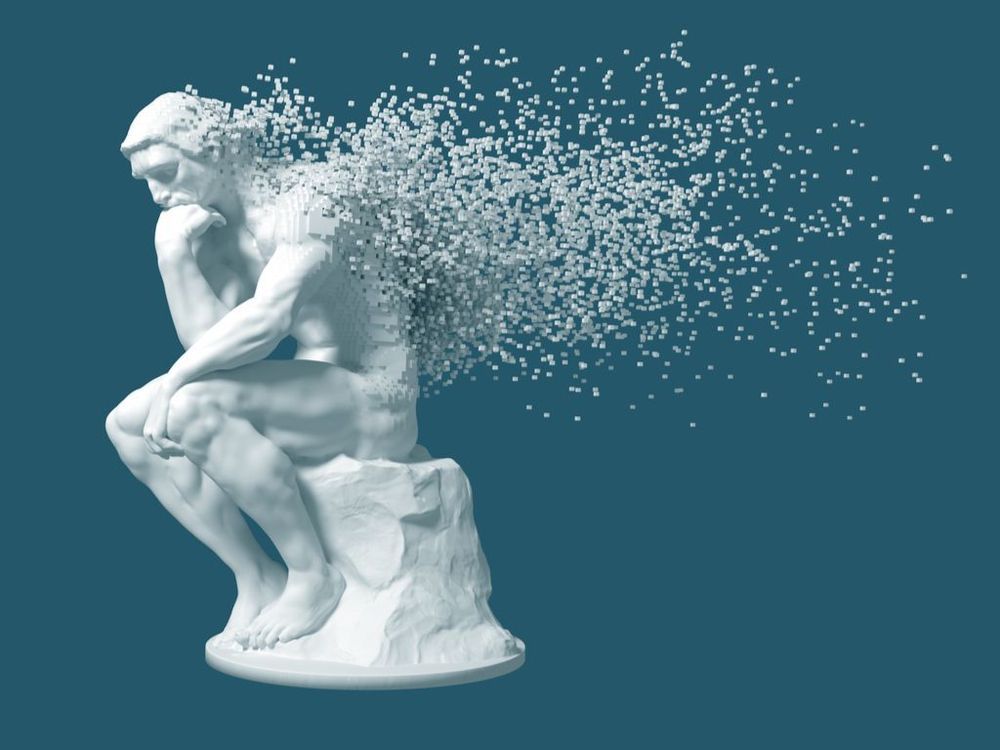Jan 28, 2020
New Theory Could Solve Universe’s Biggest Paradox
Posted by Quinn Sena in categories: cosmology, physics
She is now hopeful that advances in gravitational wave astronomy will make it possible to test the predictions of massive gravity theory within the decade.
“It would be amazing if it was shown to be right,” De Rham told The Guardian. “That may or may not happen, but what will happen is that we’ll have a much better fundamental understanding of gravity and that’s just something so deep, it’s one of the big questions today.”
READ MORE: Has physicist’s gravity theory solved ‘impossible’ dark energy riddle? [The Guardian].


















